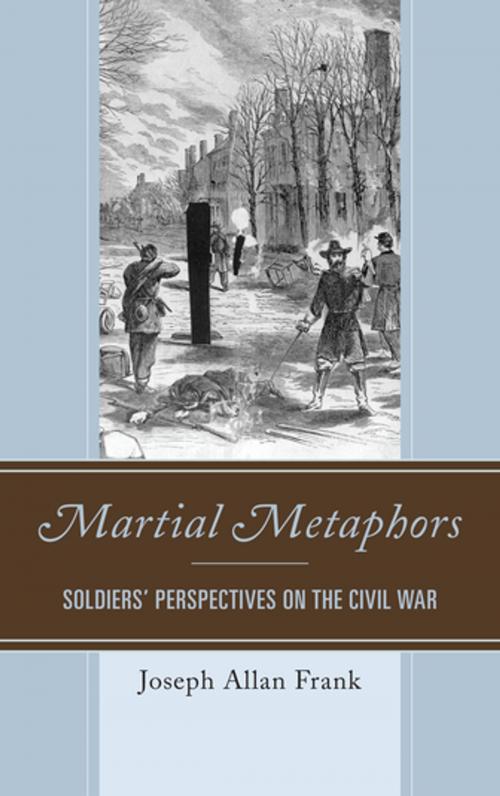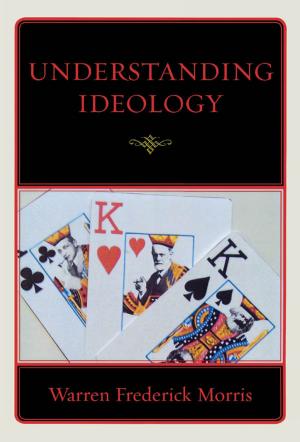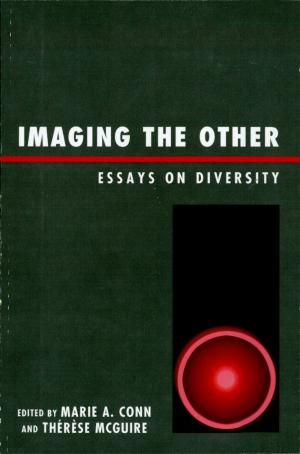Martial Metaphors
Soldiers' Perspectives on the Civil War
Nonfiction, History, Americas, North America, Modern, 19th Century, United States, Civil War Period (1850-1877)| Author: | Joseph Allan Frank | ISBN: | 9780761867913 |
| Publisher: | UPA | Publication: | July 12, 2016 |
| Imprint: | UPA | Language: | English |
| Author: | Joseph Allan Frank |
| ISBN: | 9780761867913 |
| Publisher: | UPA |
| Publication: | July 12, 2016 |
| Imprint: | UPA |
| Language: | English |
The book draws on letters, diaries, recent books and articles in History, but also relies on multi-disciplinary sources in politics and literature, along transnational comparisons to place the events in a broader perspective. The book invites the reader to embark with the soldiers and some civilians on their journey into the murderous events across the nation. The passage began with the heroic clichés that prevailed during the initial organization and embarkation of the armies. However the shock of battle and the weary life in camps brought new images of the war such as a bleak vision seeing the war as a chaotic absurdity, others began to suspect conspiratorial agencies behind the conflict, yet others sought to galvanize their support for the hard road ahead by invoking melodramatic metaphors as a crusade, and means of national redemption and punishment of the adversary. As the fighting intensified after the initial clashes of 1862, some believed that the hard war opened the way for imposing revolutionary changes such as upending the South’s social structure providing social, economic and political equality to a new class—the ex-slaves. Finally, there were some who felt the war was a Sophoclean-Greek tragedy because the outcome and nature of the war proved contrary to what they had assumed the struggle would be about and what it would be like.
The book draws on letters, diaries, recent books and articles in History, but also relies on multi-disciplinary sources in politics and literature, along transnational comparisons to place the events in a broader perspective. The book invites the reader to embark with the soldiers and some civilians on their journey into the murderous events across the nation. The passage began with the heroic clichés that prevailed during the initial organization and embarkation of the armies. However the shock of battle and the weary life in camps brought new images of the war such as a bleak vision seeing the war as a chaotic absurdity, others began to suspect conspiratorial agencies behind the conflict, yet others sought to galvanize their support for the hard road ahead by invoking melodramatic metaphors as a crusade, and means of national redemption and punishment of the adversary. As the fighting intensified after the initial clashes of 1862, some believed that the hard war opened the way for imposing revolutionary changes such as upending the South’s social structure providing social, economic and political equality to a new class—the ex-slaves. Finally, there were some who felt the war was a Sophoclean-Greek tragedy because the outcome and nature of the war proved contrary to what they had assumed the struggle would be about and what it would be like.















